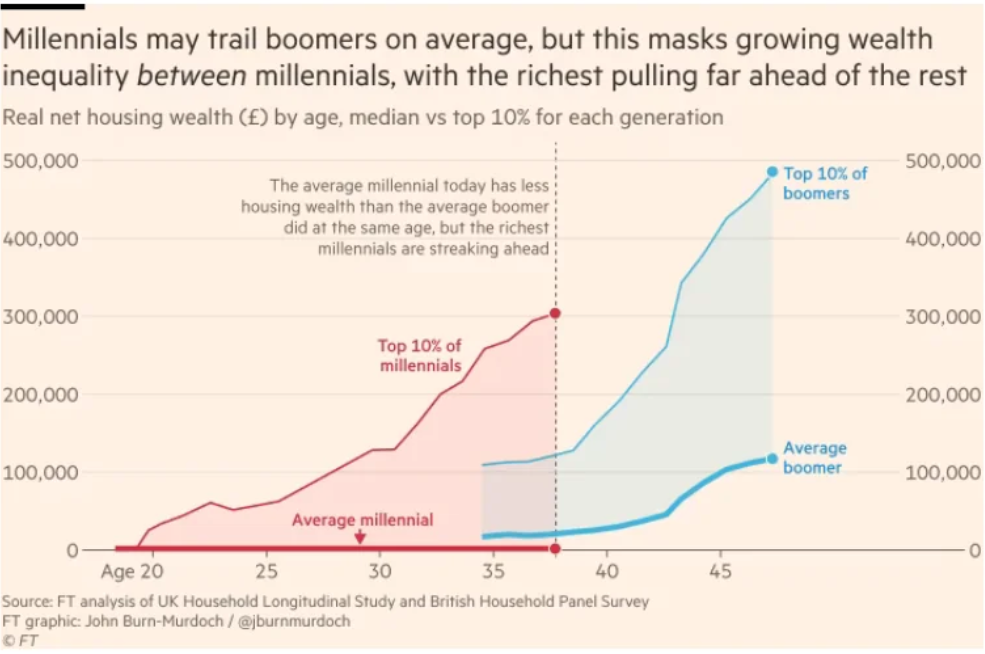I don’t want to get too political, but it’s an election year (in several countries) and The Discourse is inevitable. But I want to quickly push back on something I’ve seen all too often on social media recently.
In America, the numbers for the economy look “good.” Unemployment is low, *really* low. Inflation is high, but wage growth is higher. And the stock market is up. So why are Americans’ perceptions of the economy so poor? Why is consumer confidence lower than it *should* be?
Some partisans and twitterati have decided that Trump Was Right and the problem is fake news. Legacy media and social media are both driving relentlessly negative press and this is brainwashing people into believing that the “good” economy is “bad.”
But instead I’d like to take take a step back and see if polls are telling us something that “the numbers” just aren’t. And I think I have good evidence that they are.

First, here’s a graph from the Federal Reserve Bank of Dallas. It shows that housing affordability is lower than at any time since the 80, lower even than during the housing bubble that precipitated the Great Recession. If you’re a millennial or a zoomer, *never in your life has housing been less affordable than it is today*.
And housing isn’t just a “nice-to-have,” it sits at the bottom of Mazlo’s Hierarchy of Needs for a reason. A stable housing situation is (for most people) a necessary ingredient before they feel confident starting a family, putting down roots, or just feeling like they “belong” to where they live.
Now, you *can* have a stable housing situation in an apartment, but it’s much harder. Rent increases can drive you out, and rent-controlled apartments are hard to come by. Apartments also aren’t always conducive to the types of living that people want in their life.
So the price of housing is driving a *real crisis* in millennial and zoomer living, as people with otherwise high earnings are unable to obtain what lower-earnings folks could get in the past, namely a house to live in.
Then there’s the fact that datapoints about “all” millennials are missing key differences *between* millennials. See the next graph

The *median* millennial is doing worse than the median boomer was at this point in their life, in terms of net wealth, net assets, and housing. But the top 10% of millennials are doing way better than the boomers ever could, so taken together it seems like millennials are doing well overall. It’s like looking at a city where 1 person is a billionaire and 99 are destitute and saying that overall the city is very wealthy.
These kinds of mean/median differences are well-known to people in liberal circles, because they signal high inequality. But because a liberal is currently president, these differences are ignored by much of the twitterati.
I could say more about this topic, and I wish I had the energy to, but I’ve been so tired lately with my new medicine. Nevertheless, next time you see someone like Will Stancil screech that the kids are all morons and that everyone is rich, note that he is a member of that top 10%, not the median.
When people’s answers in polling are different than what “the fundamentals” suggest, it may be that the people are just stupid. But it’s far more likely that polling is capturing something that your data is ignoring. And right now that’s housing costs and growing inequality.